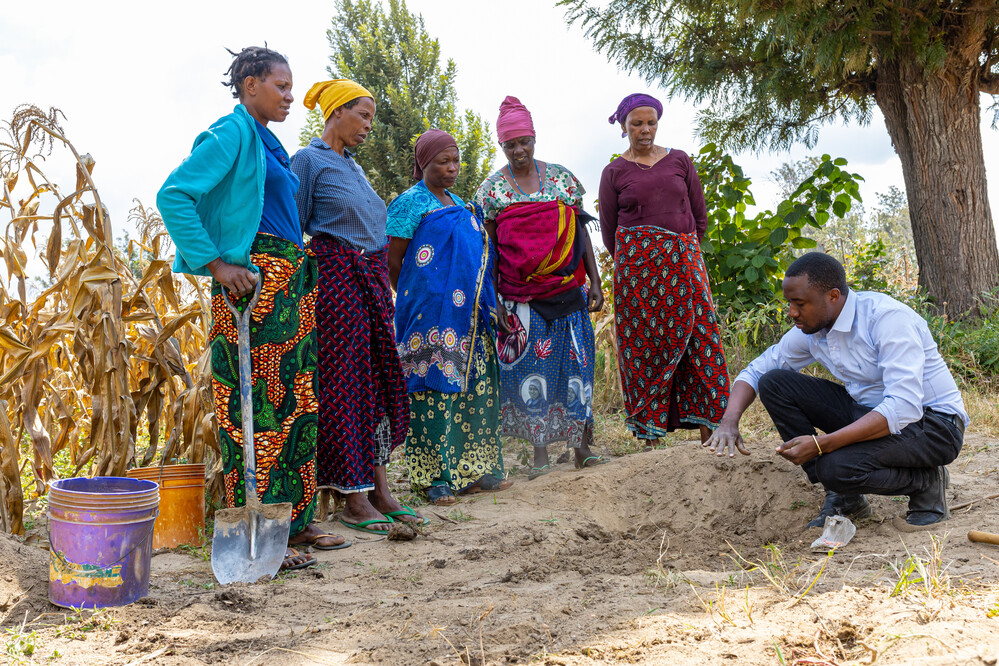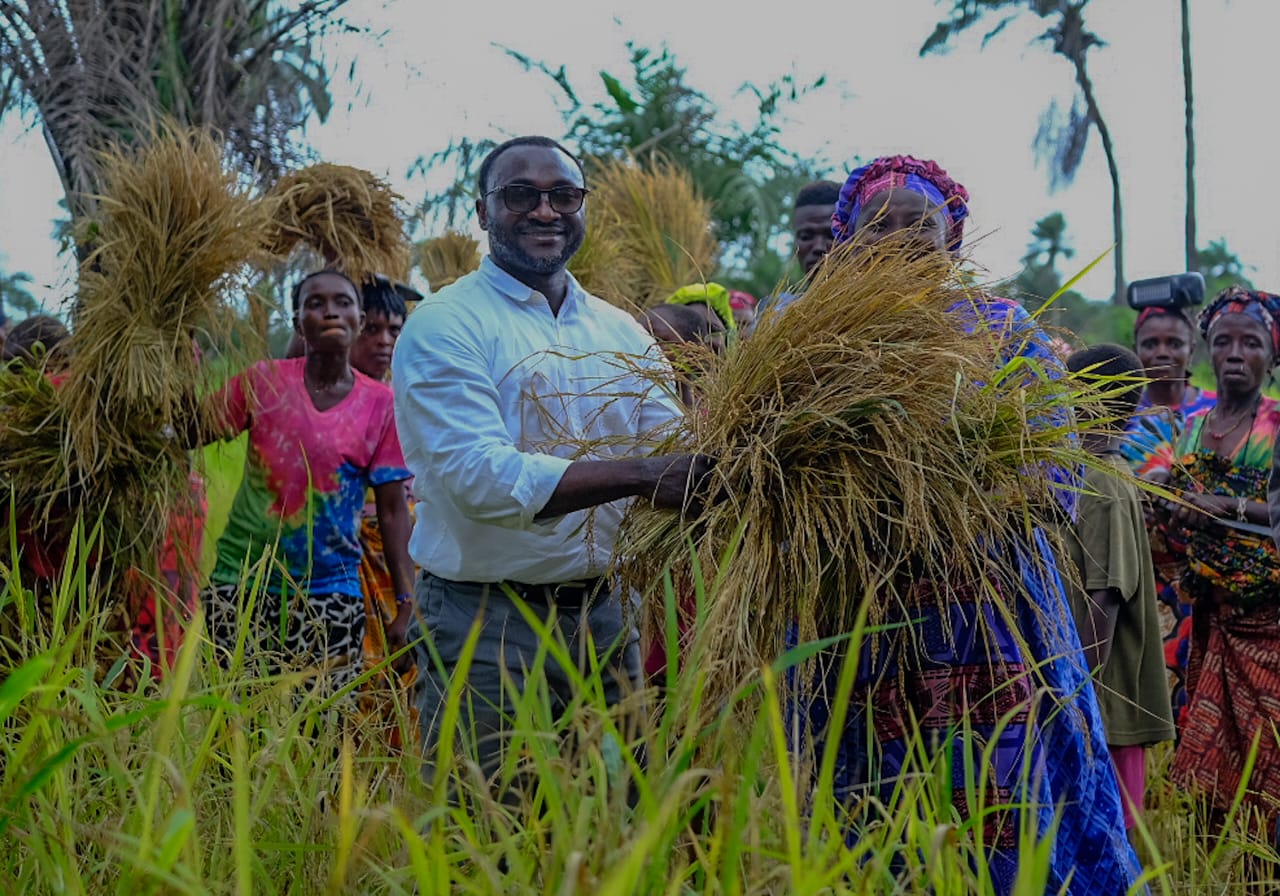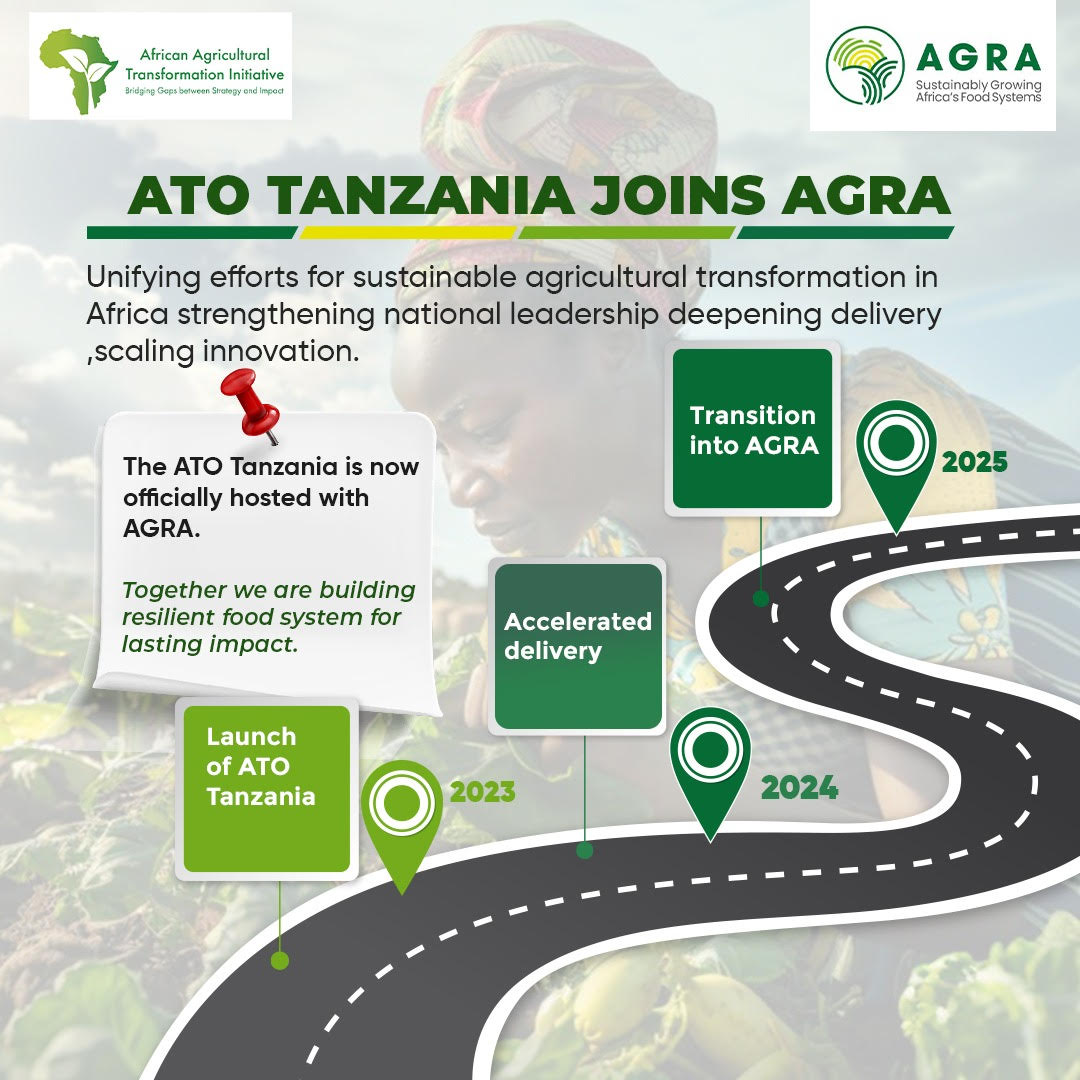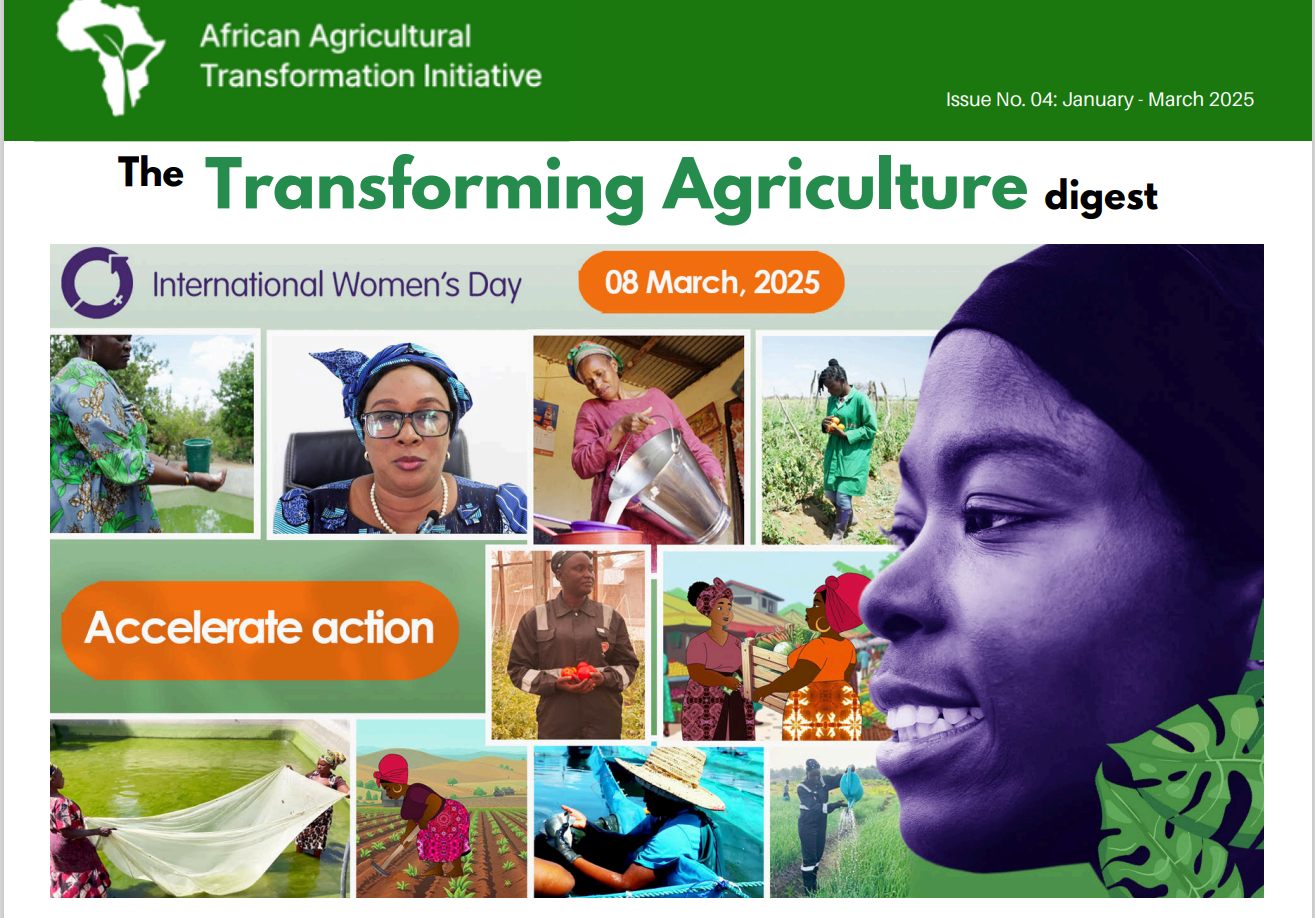Introduction
Women and youth represent the backbone of African agriculture, making up over 60% of the continent’s agricultural labour force. Yet, they face persistent challenges, including limited access to land, finance, and markets. Youth unemployment is particularly alarming, with over 70% of Africa’s young population either unemployed or underemployed^1.
Empowering these groups is imperative. Studies indicate that addressing gender disparities in agriculture could boost farm yields by up to 30%, lifting millions out of poverty [1]. Likewise, investing in youth engagement can reduce unemployment and catalyse innovation in a sector primed for transformation. This article examines how Tanzania and Sierra Leone are addressing these challenges through national strategies, alongside perspectives from key partners like the Bill & Melinda Gates Foundation.
Why Focus on Women and Youth?
Women and youth are central to Africa’s agricultural transformation, especially as the sector confronts the challenges of climate change and food insecurity. Women contribute 40–56% of the agricultural workforce in various African countries [2]. They are key to building climate resilience, as they often adopt sustainable agricultural practices and reinvest earnings into family and community welfare. Closing the gender gap in agricultural productivity could increase crop yields by 19% in some African nations, contributing significantly to GDP growth and poverty reduction. [3]
For example, in Tanzania, addressing gender disparities in agriculture has the potential to lift an estimated 80,000 people out of poverty annually [4]. Women also play a pivotal role in household nutrition and community well-being, magnifying the impact of agricultural investments.
Youth: Innovators and Catalysts for Modernization
Africa’s youth, who account for over 60% of the population, bring fresh perspectives and are vital for modernizing agriculture. [5] However, barriers such as limited access to credit, training, and land ownership often hinder their participation. Tackling these challenges can unlock their potential to adopt new technologies and drive innovation.
Programs like Tanzania’s Building a Better Tomorrow (BBT) initiative highlight the impact of empowering youth. BBT equips young agripreneurs with tools, training, and access to resources, including land and financing. For instance, its Block Farming project provides five-acre plots to trained youth, along with access to credit, storage facilities, and market linkages. This initiative has so far financed agricultural activities worth 1.2 billion TZS, trained 812 young people, and allocated 3,400 acres of land [6].
Such programs not only address youth unemployment but also foster resilience and innovation in agriculture, ensuring that young people play a key role in shaping the sector’s future.
Farmers Impact
Hawa Sesay, a beneficiary in Tikonko in Southern Region of Sierra Leone, shared her experience: “Before this program (Feed Salone strategy), I struggled to access loans to expand my farm. The Feed Salone initiative has given me not just financial support but also training on modern farming techniques. My family and I are now thriving.”
While the program has achieved notable successes, challenges remain. Ensuring the implementation of land rights for women, addressing poor road infrastructure, and securing sustained funding are critical hurdles. Okada riders, who play a key role in transporting agricultural produce, often face accidents due to poor road conditions, further complicating access to markets.
Dr. Henry Musa Kpaka, Sierra Leone’s Minister of Agriculture and Food Security, elaborated on the government’s vision: “We aim to transform our agricultural landscape, improving aggregation, processing, and market linkages, and harnessing the power of climate-smart agriculture and AgTech. Crucial to this transformation is ensuring better access to finance and, vitally, empowering women and youth, who are the backbone of our agricultural workforce.”
Spotlight on Tanzania’s Agriculture Master Plan 2050 (AMP)
Tanzania’s Agriculture Master Plan 2050 (AMP) developed by the Agriculture Transformation Office (ATO) in Tanzania under the African Agricultural Transformation Initiative and in collaboration with IFPRI and McKinsey and Co, outlines a transformative vision to modernize agriculture by integrating youth and women as central actors. The strategy prioritizes:
• Expanding access to markets and financing for women and youth.
• Providing incentives for youth entrepreneurship in agriculture.
• Implementing capacity-building programs to equip women with practical skills for leadership in agricultural communities.
The AMP also addresses structural barriers such as women’s access to land ownership and decision-making roles. Targeted policy reforms aim to create an enabling environment for inclusive growth, aligning Tanzania’s agricultural future with sustainable development goals [7].
“The AMP will be of great benefit to Tanzanians especially Women and Youth who have been prioritised.” Happiness Kuhaha, Fish Farmer Tanzania.

Spotlight on Sierra Leone’s Feed Salone Strategy
The Feed Salone initiative, launched by Sierra Leone in 2023, is transforming the agricultural sector by placing women and youth at its core. By prioritizing their leadership in agricultural processes and ensuring they have access to resources and opportunities, the initiative aims to make farming attractive and profitable for these key groups. Women, who comprise 70–80% of the agricultural workforce, now manage 30% of agricultural district offices. Youth occupy 70% of senior roles in agricultural leadership [8].
Key initiatives under Feed Salone include:
• Machine Rings: Mechanized services operated predominantly by women and youth.
• Capacity-Building Programs: These initiatives support women-led agribusinesses, equipping them to manage small- and medium-scale enterprises and drive local economies.
• Vocational Training: Programs focus on sustainable farming and climate-smart agriculture, encouraging youth to view farming as a viable career.
Partnerships with organizations such as IFAD have enhanced access to financial services, with over 70 financial service associations and 17 community banks targeting women and youth [9]. These efforts have increased youth participation in agriculture by 50% this year, showcasing the transformative power of inclusive policies.
The Gates Foundation’s Perspective on Inclusive Agricultural Transformation
The Bill & Melinda Gates Foundation emphasizes the critical role of women and youth in achieving sustainable agricultural transformation. Amanda Lanzarone, a gender expert at the foundation, highlights that transformation must be inclusive, ensuring that smallholder farmers, particularly women, have equitable access to and benefit from opportunities within the sector [10] . The foundation recognizes that the economic and poverty-reduction goals of agricultural transformation cannot be realized without positioning women and youth as key drivers of change while ensuring they derive tangible benefits.
To achieve this, the Gates Foundation supports country-led approaches that enhance the sustainability of agricultural programs. This includes the development and scaling of products, policies, and system-wide innovations that address the needs of farmers, small-scale producers, and women while improving nutrition outcomes. These initiatives align with the foundation’s broader commitment to fostering inclusive growth and ensuring progress reaches the most marginalized groups.
The foundation also stresses the importance of tracking and documenting progress toward gender equality in agriculture through tools like a Women’s Economic Agriculture Index and national metrics for gender-specific statistics. By focusing on data-driven insights and supporting country-specific initiatives, the Gates Foundation aims to amplify the transformative potential of agriculture for women, youth, and smallholder farmers while ensuring long-term sustainability.
By fostering inclusivity, the Gates Foundation ensures that agricultural transformation benefits marginalized groups while promoting long-term sustainability [11].
Conclusion
The future of African agriculture depends on its women and youth. Initiatives such as Tanzania’s Agriculture Master Plan 2050 and Sierra Leone’s Feed Salone Strategy demonstrate the transformative power of inclusive policies. By addressing systemic barriers and creating enabling environments, these programs empower women and youth to lead the sector into a sustainable future.
As the Gates Foundation highlights, inclusive agricultural transformation is not just a moral imperative—it is a strategic pathway to achieving economic growth, poverty reduction, and food security. By investing in these key demographics, Africa’s agricultural sector can thrive, ensuring resilience and prosperity for generations to come.
By Christine Misiko
[1] UN Women, “Closing the Gender Gap in Agriculture”
[2] World Bank, “Gender Equality and Development in Africa”
[3] CARE International, “Gender and Food Security”
[4] Farm Africa, “Women in Agriculture: The Untapped Potential”
[5] UNDP, “Youth Empowerment in Agriculture”
[6] Government of Tanzania, “Building a Better Tomorrow (BBT) Program Report 2023”
[7] Tanzania Ministry of Agriculture, “Agriculture Master Plan 2050”
[8] Government of Sierra Leone, “Feed Salone Strategy 2023 Launch Report”
[9] IFAD, “Improving Financial Access for Women and Youth in Sierra Leone”
[10] Bill & Melinda Gates Foundation, “Gender Equality in Agricultural Development”
[11] Gates Foundation Report, “Inclusive Agriculture in Africa”


